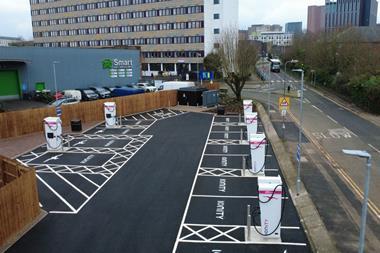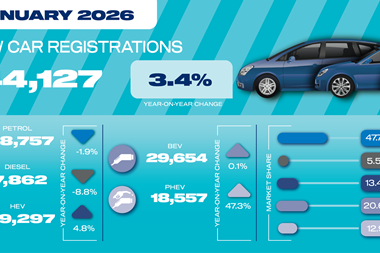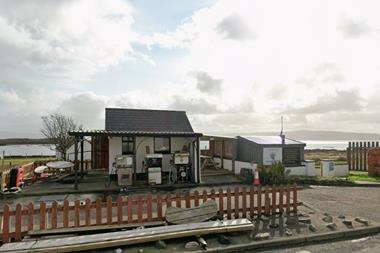Government and car manufacturers have launched a joint campaign to promote the benefits of electric and other ultra low emission vehicles (ULEV).
The Go Ultra Low campaign, which is backed by BMW, Nissan, Renault, Toyota and Vauxhall, was launched by the deputy prime minister Nick Clegg.
The campaign aims to debunk common myths and misconceptions that put drivers off switching to electric or hybrid cars, such as cost and how far the vehicles can travel before being recharged.
The campaign focuses on some of the key incentives for ULEV adoption such as the fact that electric car owners do not have to pay car tax or congestion charges and that many chargepoints are free to use. The cars cost from just 2p a mile to run, which means a family that drives an electric vehicle 10,000 miles in a year would save around £1,000 on fuel costs each year.
It also draws attention to the fact that there are already more charging points than filling stations in London, but to make driving an electric car possible for everyone, £9m funding will be used to create hundreds more charging points across the country, including 140 new rapid chargepoints which can charge an electric car in less than half an hour.
Clegg said: “Electric cars are one of the most promising of our green industries and we want to secure the UK’s position as a global leader in both the production and adoption of these vehicles.
“The extremely low running costs of electric cars help drivers save money and we are allocating more than £9m to boost chargepoints across the country to help drivers to go green.
“This means we can lower UK emissions and create high-tech engineering and manufacturing jobs to boost our economy.”
Transport minister Robert Goodwill said: “This campaign is about opening people’s eyes to the advantages of ultra low emission vehicles.
“They are incredibly cheap to run and we’re giving grants that knock thousands of pounds off the pricetag at the point of sale. This is great news for the consumer and for industry, with the UK well-positioned to take the lead on the development of these advanced technologies.”

































No comments yet